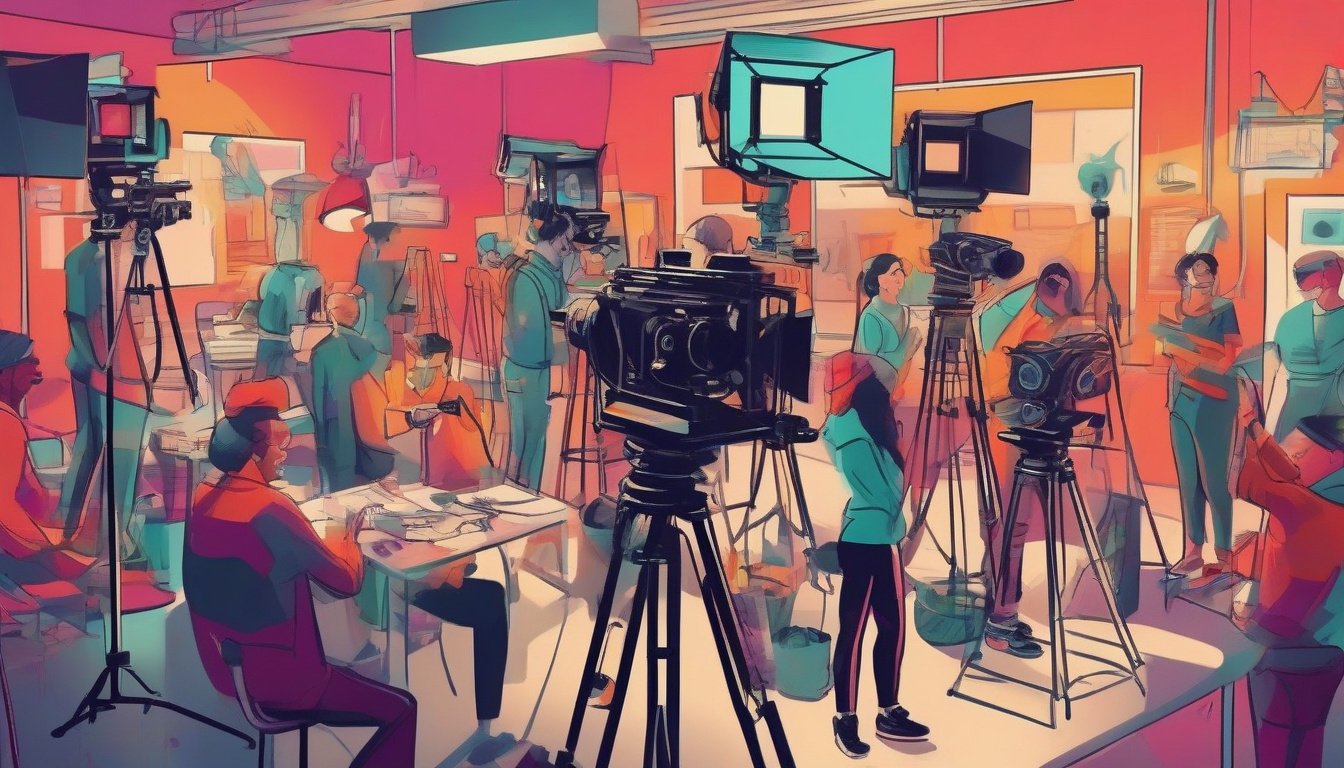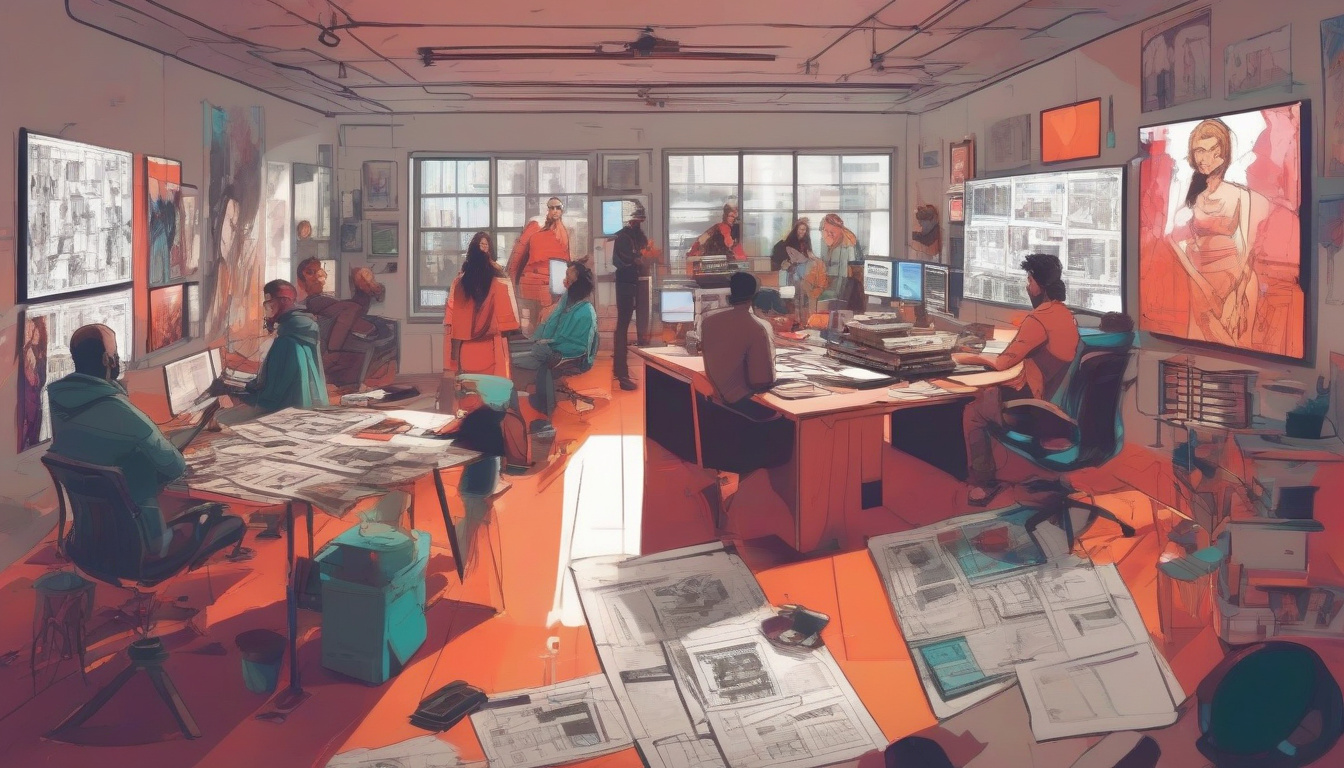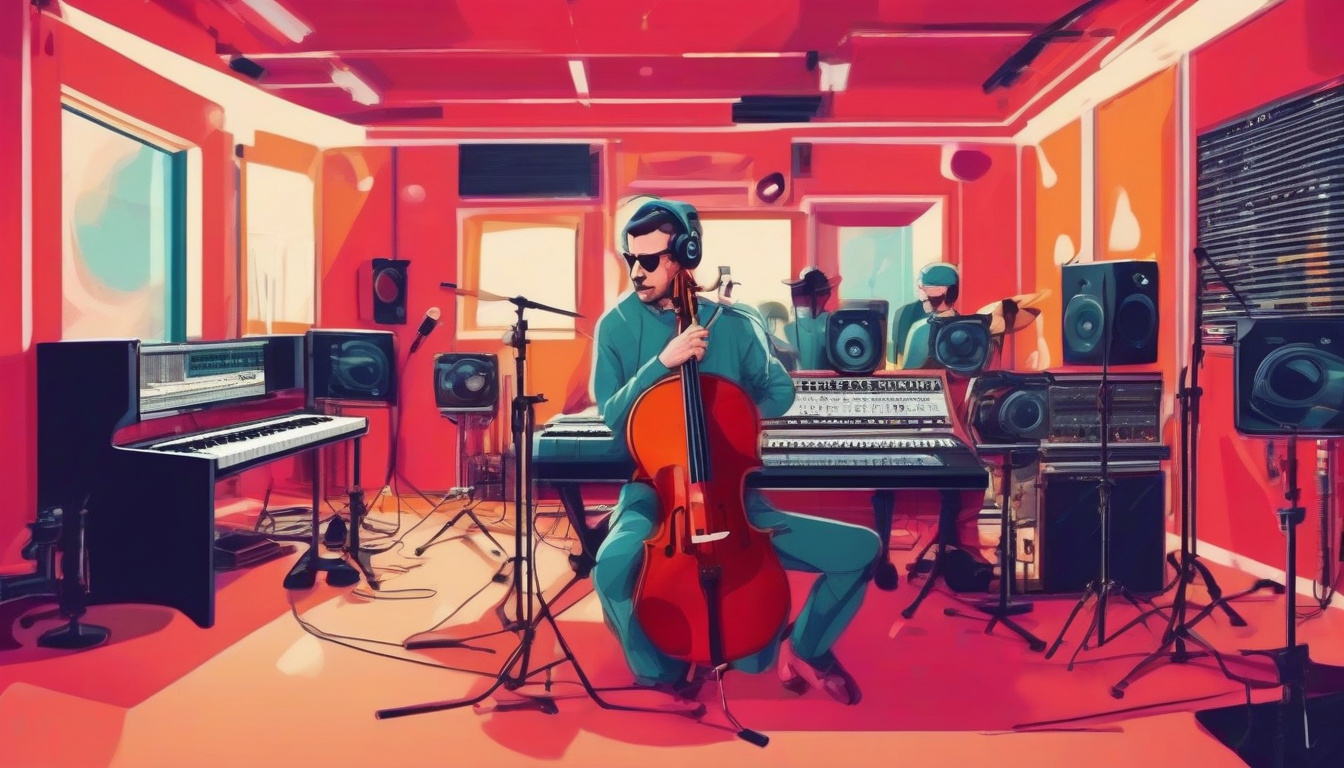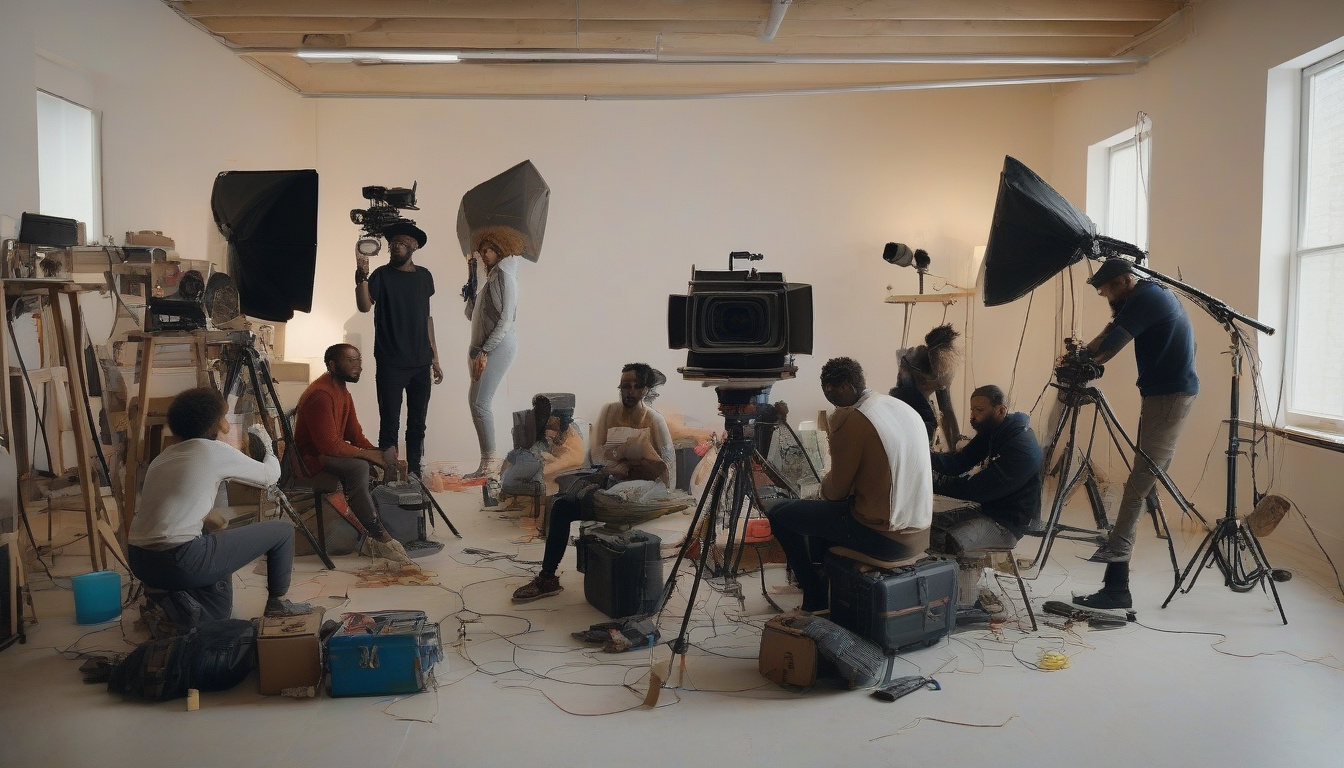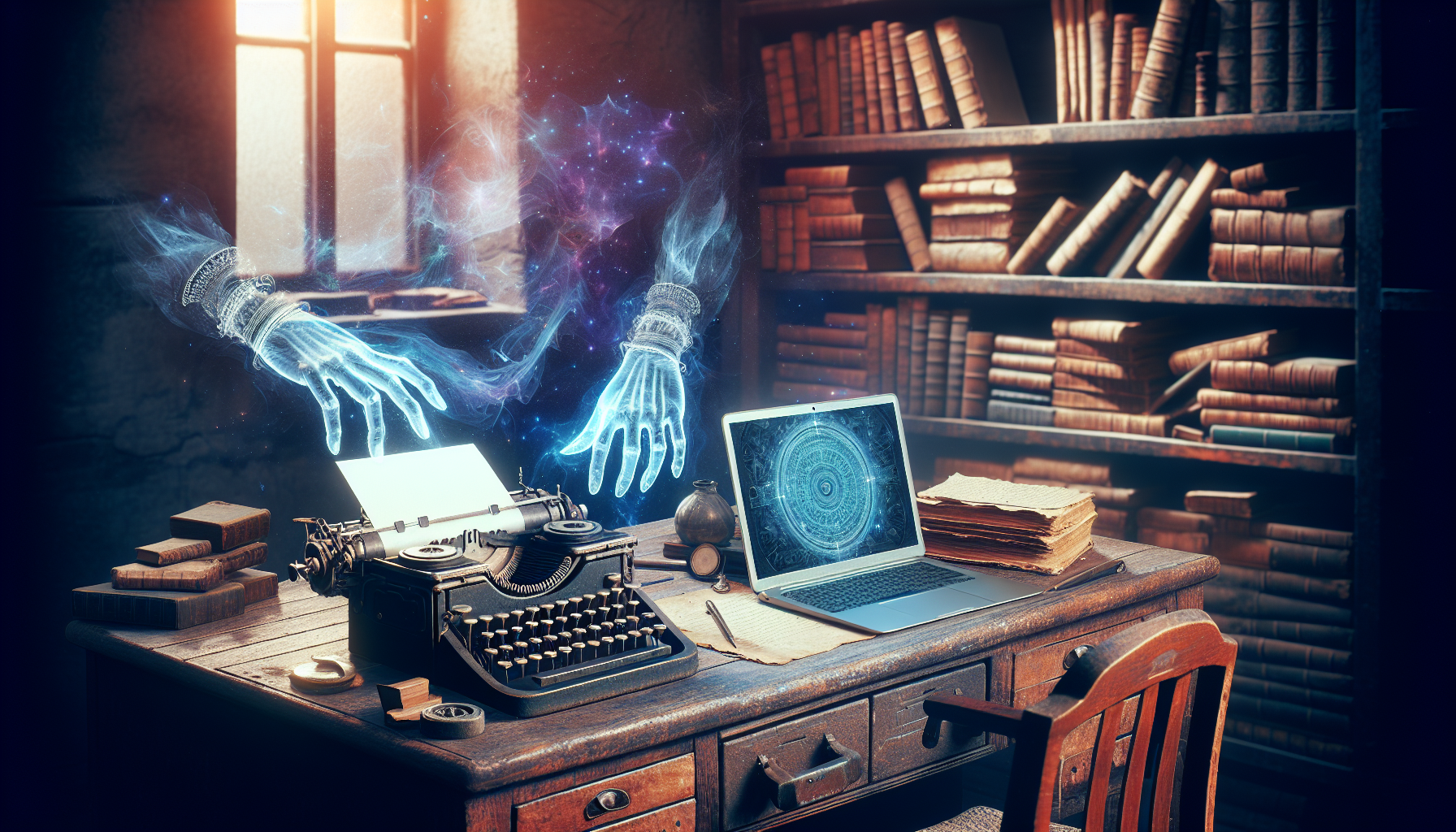
Is AI Screenwriting Considered Plagiarism? Let’s Spill the Silicon Beans!
The Rise of the Machines in Hollywood?
When we picture a screenwriter, we often imagine a caffeine-fueled artist furiously typing away in a dimly lit room, surrounded by piles of draft scripts. Enter the 21st century, and voilà, that image might just get an update. Picture now an AI, cool as a cucumber, processing data at lightning speed. No coffee breaks, no writer’s block. But does using artificial intelligence to write scripts mean we’re heading towards a screenplay apocalypse? Is it creativity, or just plain old plagiarism, repackaged with a techy bow?
What Even Is AI Screenwriting?
Before we summon the pitchforks, let’s unpack what AI screenwriting involves. Essentially, it’s using algorithms that can analyze thousands of scripts, learn structures, narratives, character development, and even humor. This data can then generate scripts that, theoretically, could compete with Oscar-bait flicks. Sounds like a bargain, right? You feed a machine learning model with a genre, a mood, maybe a sprinkle of preferred plot twists, and boom—a script appears faster than you can say Spielberg.
The Plagiarism Conundrum: Copy, Paste, Lawsuit?
Now, onto the million-dollar question—or should we say, the potential-lawsuit-worth-a-fortune question. Does AI screenwriting fall under plagiarism? Well, it’s as murky as a film noir fog. Traditional plagiarism is about copying someone’s work without permission and claiming it as your own. AI, on the other hand, doesn’t “claim” anything—it’s the tool users might wield unscrupulously.
Let’s say an AI churns out a screenplay that eerily resembles The Godfather. It’s not that the AI has a poster of Marlon Brando on its virtual wall. Instead, it might have processed enough mobster-genre material to generate a similar plot. But does that make it plagiarism? Well, who’s being sued—the AI for writing it, or the human for pitching it as original?
As far as current legal landscapes go, AI-generated texts still fall into a grey area. They might mimic the structure and thematic elements of existing works, but unless there’s a direct copy of specific text, it’s not plagiarism in the traditional sense. Some might argue it’s more akin to a highly sophisticated remix than a counterfeit. Yet, the ethical line is thinner than your average indie film budget.
AI as a Co-writer: Creative Synergy or Ethical Faux Pas?
Perhaps one of the less apocalyptic viewpoints is treating AI as a tool, much like a calculator for screenwriters. It can offer options, spitball dialogue, or suggest plot twists that a human brain might take longer to concoct. Think of AI as that brainstorming buddy who never gets tired—no egos, no royalties, just raw processing power.
But can AI actually capture the human condition, or will it just serve us reheated clichés? Can algorithms really replicate the nuanced emotion of a Shakespearean tragedy, or the rawness of indie scriptwriting? Here lies the crux—while AI can undeniably suggest ideas at warp speed, the human touch is irreplaceable in adding depth, emotion, and—let’s be honest—drama.
In the Director’s Chair: Ethics and Creativity
Ultimately, the question isn’t just about whether AI screenwriting is plagiarism; it’s also about creativity and ethics. Using AI might streamline the screenwriting process and even democratize film production by lowering barriers to entry. But it also poses questions about originality and the future of human storytellers.
Will AI change the landscape of screenwriting? Absolutely. But will it ever replace the quintessential image of the tortured artist scribbling away in pursuit of their magnum opus? Doubtful. After all, could a machine truly understand the agony and ecstasy of receiving a dreaded script rewrite note? Probably not.
So, as we stand on the brink of this cinematic frontier, clutching our popcorn with anticipation and a hint of dread, let’s remember: AI might be able to write a script, but it can’t sell popcorn. At least, not yet.


